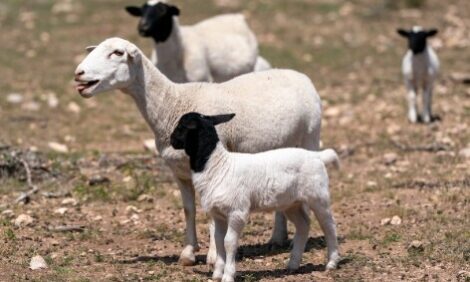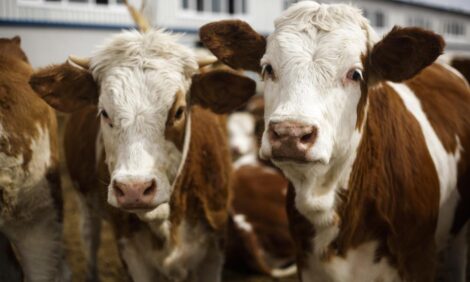



Can the World Beat Global Food Price Spikes?
ANALYSIS - Weather conditions have been driving force for the three food price spikes that the world has experienced in the last five years, writes Chris Harris.Droughts in one part of the world or another have hit grain production every other year since 2007.
And in other areas at the same time floods have also hit crop yields that in turn have put up costs of production across the livestock sectors.
At the same time, according to the Food and Agricultural Organisation of the United Nations, the International Fund for Agricultural Development and the World Food Programme the increased use of crops that could be used for food for non-food purposes and speculation and hedging have led to more and more volatility in food prices.
"Until we find the way to shock-proof and climate-proof our food system, the danger will remain," the organisations said in a joint statement earlier this month.
The three organisations have pinpointed the main reasons for global food and feed price hikes and they claim that they have put in place "policies and instruments" to tackle the problems.
"We have developed new policies and new instruments, like the United Nations High-Level Task Force on Global Food Security and AMIS, the G20's Agricultural Markets Information System, which improves transparency in global markets," the organisations said.
"We also have the AMIS-related Rapid Response Forum, set up to facilitate coordinated policy responses by the major world producers and traders of key cereals and soybeans in the event of market upheavals."
However, the effectiveness of these policy changes is questionable, because while the sources of the problems have been recognised, there appears to be a lack of concerted willingness in every country to take action to keep global food prices stable.
The FAO, IFAD and WFP warn that for every 10 per cent increase in the price of food, the World Food Programme has to find $200 million a year in food assistance.
"We are vulnerable because even in a good year, global grain production is barely sufficient to meet growing demands for food, feed and fuel - this, in a world where there are 80 million extra mouths to be fed every year," the organisations said.
"We are at risk because only a handful of nations are large producers of staple food commodities, and when they are affected, so is everyone else."
They have called for investment in agriculture and social protection and an adjustment in policies to grow alternative uses for grains.
Organizations including FAO, IFAD, the International Monetary Fund, the Organisation for Economic Co-operation and Development, the UN Conference on Trade and Development, WFP, the World Bank and the World Trade Organization have already recommended that biofuel mandates should be adjusted when global food supplies are put under pressure and this recommendation was put to the G20 nations in Paris earlier this year.
However, the risk of sharp food price rises exists because global food production is largely in the hands of only a few major food producers and when poor weather causes poor yields and high prices, countries are more likely to put domestic protection measures in place.
"Countries must avoid panic buying and refrain from imposing export restrictions which, while temporarily helping some consumers at home, are generally inefficient and make life difficult for everyone else," the FAO, IFAD and WFP said.



